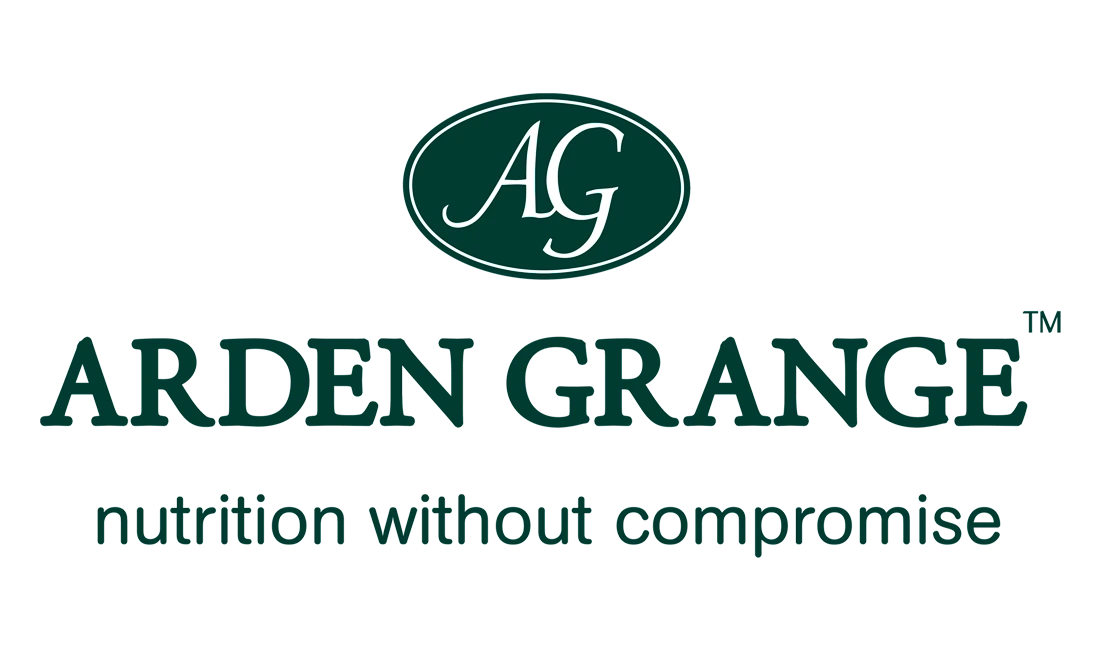How much to feed
There are lots of factors that influence how much your dog needs to eat: -
The calorie content of the diet (some products within the Arden Grange range are lower or higher calorie than others).
The size of your dog and his or her weight status. Over or underweight animals will need less or more food respectively.
The calorie content of any treats and extras if fed. The main diet should be reduced to accommodate these.
The animal’s age. Puppies need more calories than adult dogs. Older animals are slowing down with age have a lower requirement for energy than a normally active adult.
Lifestyle. A sporting/working dog needs more fuel than sedentary animals. There may also be situations unique to the pet and owner, e.g. a period of enforced rest after an injury.
Temperament. Stressed or anxious animals tend to burn more fuel than those who are generally very relaxed.
Individual metabolism. Just like people, some animals have a naturally quicker metabolism than others. Small dogs have a faster metabolism than large and giant breeds. They can still be prone to unwanted weight gain though!
Feeding guides can only estimate the quantity of food required due to considerable variation between individuals. However, they should provide a reasonable starting point.
- Avoids unaccustomed larger volumes - which might increase the risk of bloat, especially in large, deep chested dogs.
- Avoids unaccustomed larger volumes - which might not be eaten, particularly if the animal is known to have a small appetite.
- Allows gradual expansion of the stomach, and the digestion time to adapt to accommodate larger feeds. Sudden increases may cause diarrhoea in some sensitive animals.
- May help maintain more stable blood sugar levels.
- Lowers the risk of a very hungry animal, and subsequent issues that can be associated with hunger, e.g. scavenging, stealing food, coprophagia (stool eating).
- Prevents lowering the metabolic rate (which can happen if the body thinks it is being starved).


 Puppy
Puppy
 Adult
Adult
 Senior
Senior
 Sensitive
Sensitive
 Treats
Treats Kitten
Kitten
 Adult
Adult
 Senior
Senior
 Trusted British Brand
Trusted British Brand

